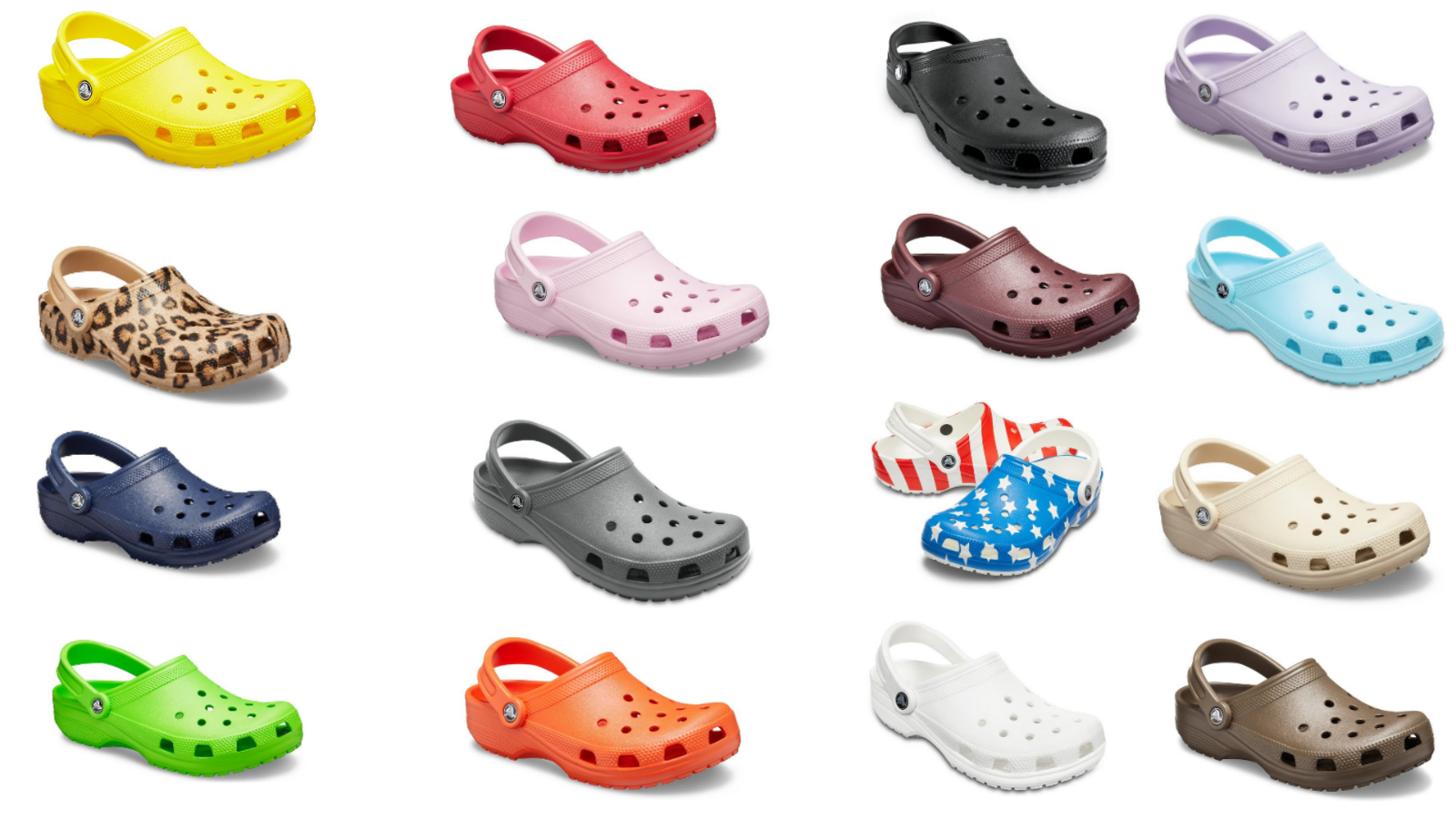I’m a person with a slightly limited palate.
I don’t like green, leafy vegetables. I despise mayonnaise and tartar sauce and pickles and relish. I’m not a fan of Indian or Thai and Chinese, though I can probably find something to eat on the menu if pressed.
I think sushi is ridiculous.
People are fond of criticizing my food preferences. Sometimes I think food shaming is the last great bastion of socially acceptable bigotry. Race, sexual orientation, physical appearance, and socioeconomic status are off the table when it comes to insulting someone, and rightfully so.
But carry a bottle of Diet Coke around for a day and see how many people who will feel it completely acceptable to criticize, scoff, badger, belittle, and castigate your beverage of choice.
I have a lot to say about the realm of food preference, beginning with the idea that if given the choice, I would enjoy all the foods. Folks who brag about their expansive palate and criticize others for their limited palates somehow believe that they are personally responsible for the foods they enjoy. They seem to think that they have willed their taste buds and olfactory system into enjoying the bounty of foods that they like so much.
They take credit for their food preferences. They judge others for not enjoying as many foods.
What a bunch of morons.
There are a lot of reasons why these morons are morons, but the point I always like to open with is this:
I don’t like lobster. I don’t hate lobster, but I don’t enjoy it enough to warrant the expense and effort required to pry a small amount of meat from a deceased crustacean. Also, any food that is often entirely submerged in butter before eating can’t be all that great.
But if you like lobster and consider it a delicacy, consider this:
You’re eating fertilizer.
When European settlers landed in North America, they wrote that lobsters were so plentiful that they would pile up on the shores of Massachusetts in heaps. You couldn’t walk on the beach without stepping over them.
The colonists referred to lobsters as the “cockroaches of the sea.”
Both Europeans and Native Americans despised lobsters so much that they were commonly used as fertilizer and fish bait. When not used to grow crops and catch better fish, they were fed to prisoners, apprentices, and slaves as a way of saving money.
Contracts at the time actually stipulated that servants could only be served lobster twice a week.
Americans hated lobster.
American opinion on lobster did not change for more than 250 years. Then, in the mid-1800s, the ability to preserve food in cans, combined with the railroad, allowed Americans in the midwest to purchase canned lobster for the first time. Since it was coming from far away (and thus exotic) and was exceedingly cheap (because it was plentiful), it quickly became the most popular canned food available.
As tourists from the midwest made their way east to the New England shoreline on vacation, they began asking for fresh lobster. New Englanders saw an opportunity and began serving lobster as a New England delicacy. Then, as lobster became more and more scarce and prices increased, Americans even on the east coast began to view lobster as something special.
Scarcity and price changed the way Americas felt about the taste of lobster.
When lobster was cheap and easily available, human begins despised it as a food source. Native Americans occupied New England for tens of thousands of years and never stopped hating lobster. Europeans despised lobster for more than 250 years before eventually changing their opinion when the economics and availability of lobster changed.
It was only when lobster became exotic, expensive, and scarce that it became a delicacy.
If you like lobster, you like it because of when you were born. Had you been born in 1635, you would hate lobster as much as the colonists and Native Americans did at the time
But you were born after 1900, when technology and scarcity – not taste – changed the way Americans felt about lobster.
You enjoy lobster because of your birthday. Nothing more.
Taste is impacted by many things. Biology, culture, economics, and the mass media all play a role in deciding what you will enjoy and what you will not. Taste is also dictated by where you were born, how you were raised, and your brain chemistry.
Had I been born in Thailand, I would like Thai food. Had I been born in India, I would like Indian food. I’m not a moron. I’m willing to acknowledge these basic truths.
I don’t hate Thai food because it’s yucky and stupid. I don’t like Thai food because of a host of factors, including my place of birth, the way I was raised, and my biology.
So please don’t walk through life thinking you’re special because you have an expansive palate.
More important, please don’t think less of someone who doesn’t enjoy as many foods as you.
Your palate has little to do with you and the choices you make and more to do with a host of factors that you probably can’t begin to comprehend.







